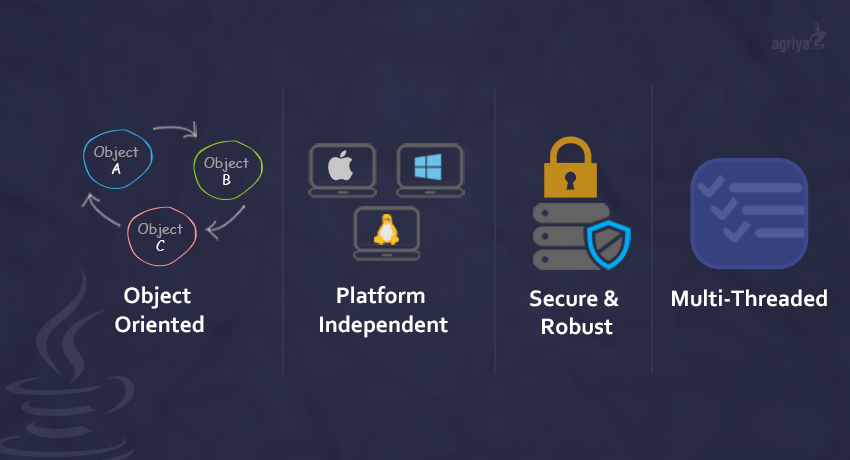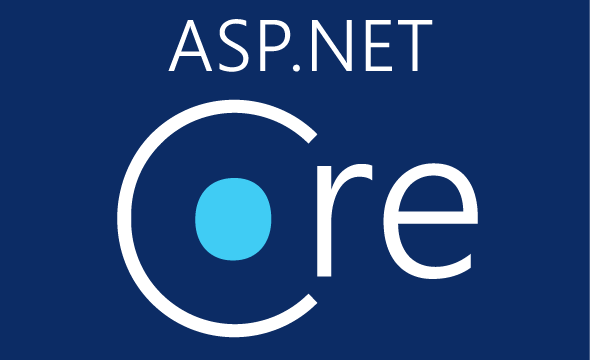Rust is a safety-focused, mainly for safe concurrency, multi-paradigm system programming language. In terms of syntax, it is quite similar to C++ programming language. However, Rust is designed to deliver much better memory safety while maintaining high level of performance.
Originally created by Graydon Hoare with assistance from Dave Herman, Brendan Eich and some others at the premises of Mozilla Research, Rust consists of refined language. It also consists of a browser engine, also called the Servo layout, and the Rust compiler. This compiler is an open-source software which is available for free and is dual-licensed under the MIT License and Apache License 2.0.
How Has Rust Been Performing?
Rust is as fast as it can get and is also very much memory-efficient. It has no runtime or garbage collector and can provide performance-critical services, run on embedded devices and also can be easily integrated with other programming languages.
In terms of performance, it was the “most loved programming language” in the survey of Stack Overflow Developer for the consecutive years of 2016, 2017, 2018 and 2019.
If you are familiar with idiomatic C++, then idiomatic Rust is almost the same as the performances are also similar.
Let us take a look into the design of Rust.
Rust has been designed, taking into account, the high amount of concurrent and highly safe systems. Along with these, the program also considers to create and maintain boundaries which subsequently preserves the integrity of a large system. As a conclusion, this has resulted in a feature set that emphasizes on safety, control of memory layout and concurrency.
Syntaxes Used in Rust
As mentioned earlier, Rust is very much similar to C++. Likewise, the syntaxes of Rust is also very similar to C and C++.
For example, the keywords like if, else, while and for are used in both Rust and C and C++. Similarly, the use of curly brackets “{” and “}” are found in both of these programming languages. Despite bearing a superficial resemblance to C and C++, Rust’s syntaxes are, in much deeper sense, closer to the Meta Language family of languages and the Haskell language.
If you have learnt about the C and C++, then functions mostly end with a return expression which is not the case in Rust. The differences among the C languages and Rust language is somewhat minute, but can be seen altogether.
Why Choose Rust?
For those who would like to keep things simple, C and C++ would be more easy to understand as well as easy to use. However, IT keeps on changing from time to time. Hence, it would be a surprise if people would not go for Rust even if they have been using C and C++ for a quite a while. Here are some reasons why Rust could be more preferrable in comparison to C and C++:
- Reliability – Rust consists of a much more rich system type and the ownership model ensures that there is memory-safety and thread-safety. This allows you to get rid of many bugs and errors that may occur at compile-time.
- Productivity – Rust consists of a fantastic documentation along with a user-friendly compiler that issues error messages. Also a top-of-the-hand tool enables smart multi-editor support that grants auto-completion and type inspections.
- Memory Management – Rust is not the type of programming language that uses an automated garbage collection like those used by JAVA or .NET framework. Memories, in Rust, are managed via the RAII (Resource Aquisition is Initialization) with optional reference counting.
Using Rust may seem to be somewhat unfamiliar at the beginning. However, as time passes by, it should come as one of the most friendly programming languages.
Get updated with informative IT blogs with Broadwayinfosys and satisfy your queries on all courses and training details.







